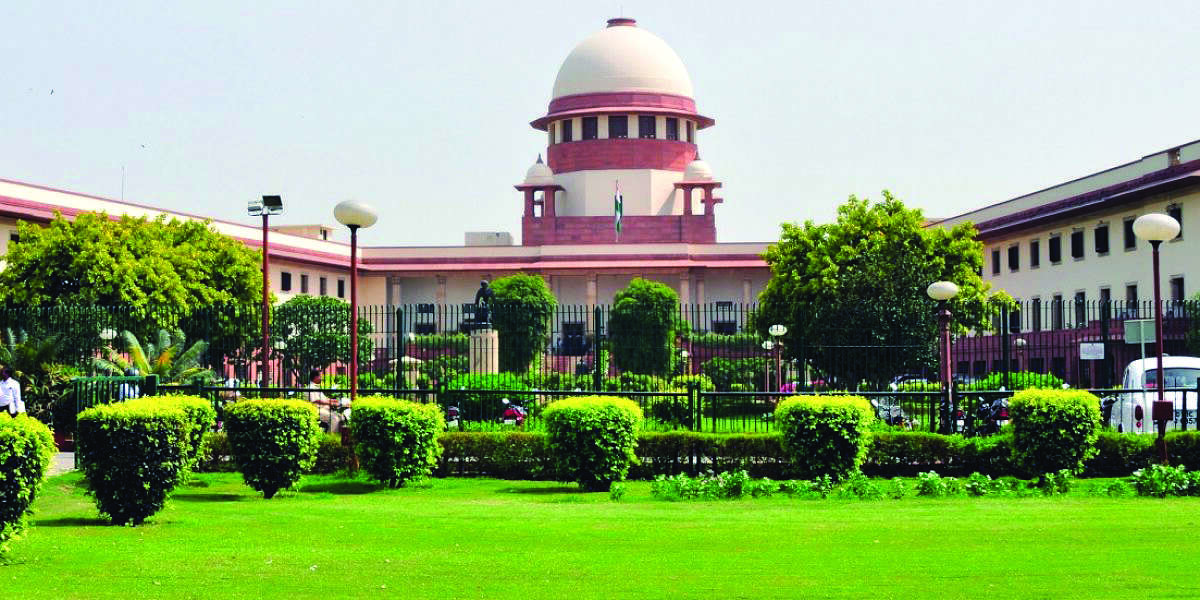Mere non-recovery of weapon used can't be ground to not rely on dying declaration: SC

New Delhi: The Supreme Court on Friday said merely because the weapon used in an offence is not recovered cannot be a ground not to rely upon a dying declaration which is proved by the prosecution.
The apex court made the observation while setting aside the judgement of the Allahabad High Court which had acquitted an accused for the alleged offences in a case registered in 1980 in which a person had died. A bench of Justices M R Shah and B V Nagarathna held the accused guilty of offences, including under the Indian Penal Code (IPC) section 304 part 1 relating to culpable homicide not amounting to murder dealing with an act done with an intention to cause death read with section 149 IPC and sentenced him to 10 years imprisonment.
The top court noted the submission made by the lawyer appearing for the accused that the dying declaration is not believable as on the day on which it was recorded, there was no extreme emergency and the condition of the victim, who later succumbed, was not so serious.
In the present case, as the deceased was having a stab injury by a knife, there was a possibility of danger to his life and therefore, by way of prudence, if the dying declaration was recorded on December 5, 1980, there is no reason to doubt the dying declaration, which was recorded by assistant divisional transport officer, the bench said in its judgement.
The top court delivered its verdict on an appeal filed by the state of Uttar Pradesh challenging the high court judgement acquitting the accused for the alleged offences. The high court had allowed the appeal filed by the accused against the trial court verdict which had convicted him in the case. The apex court observed that the trial court had relied upon the dying declaration recorded by the assistant divisional transport officer in the case.
The bench also dealt with the submission advanced by the counsel appearing for the accused that as the weapon, a hockey stick, alleged to have been used by him in the offence was not recovered and therefore, he may not be convicted.
Merely because the weapon used is not recovered cannot be a ground not to rely upon the dying declaration, which was recorded before the executive magistrate, which has been proved by the prosecution, the bench said. The FIR was lodged in Agra on December 4, 1980, against some persons in the case and it was alleged that they had assaulted a man after he refused to give them sugar and kerosene oil without any ration card. The victim had died in January 1981.
The police had filed the charge sheet against the accused persons and relying on the dying declaration, the trial court had convicted Subhash for the offences, including under section 302 (murder) of the IPC. The accused had moved the high court against the trial court verdict.
The high court had acquitted him mainly on the ground that in the dying declaration, it was not stated as to who had inflicted the knife blow in the stomach of the victim.
In its verdict, the apex court noted that from the dying declaration, it emerges that six to seven persons had attacked the victim. It said from the dying declaration, the prosecution has been successful in establishing that Subhash was part of the unlawful assembly and had participated in the commission of the offence.



